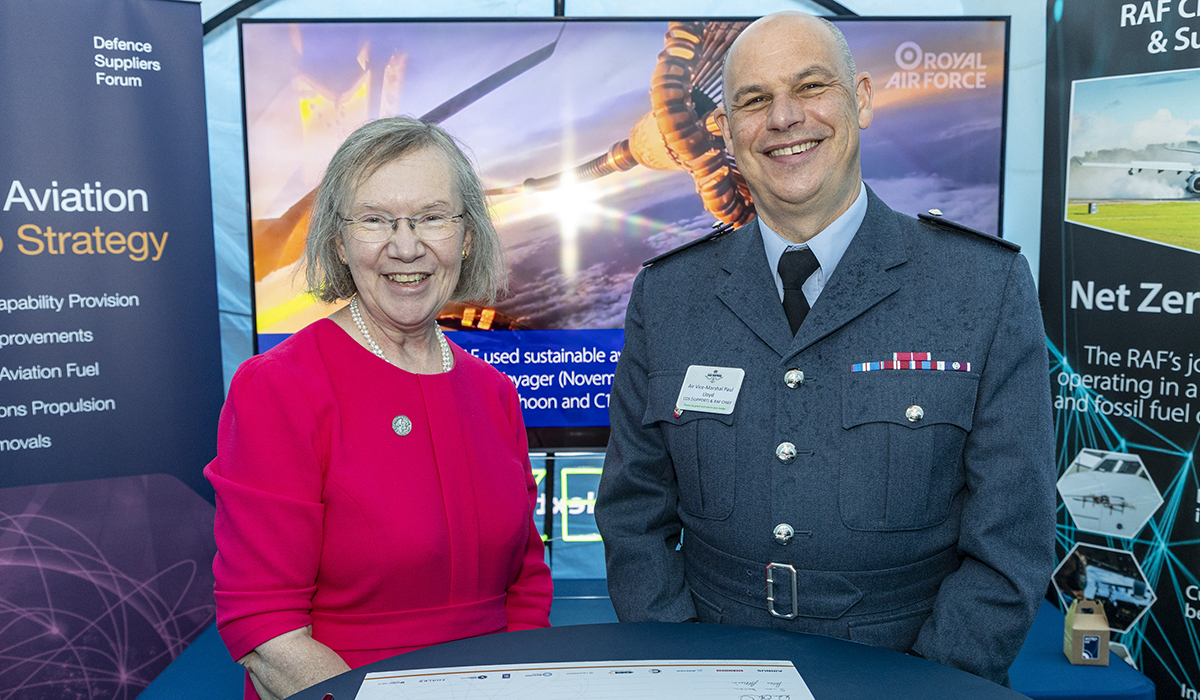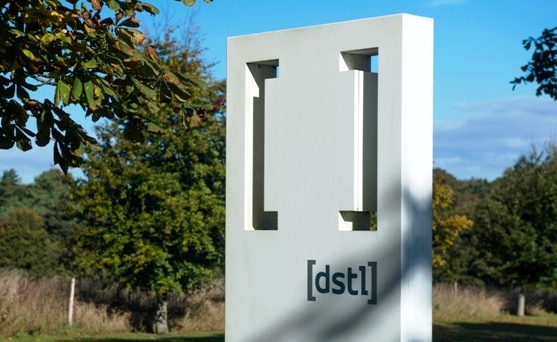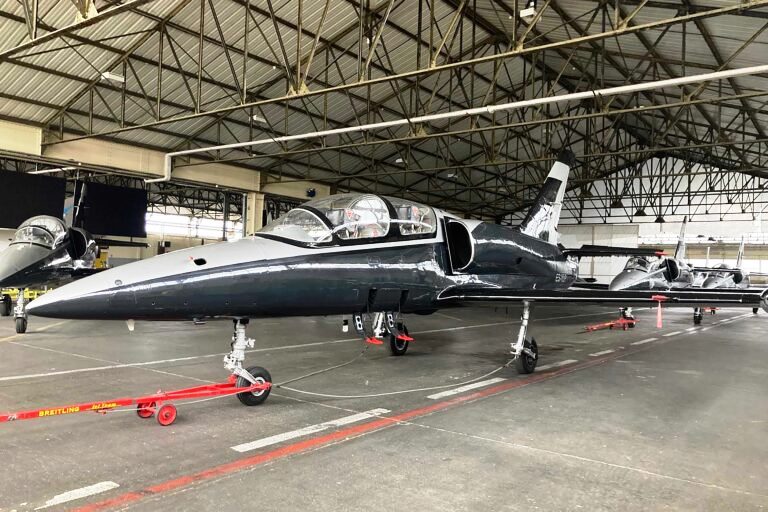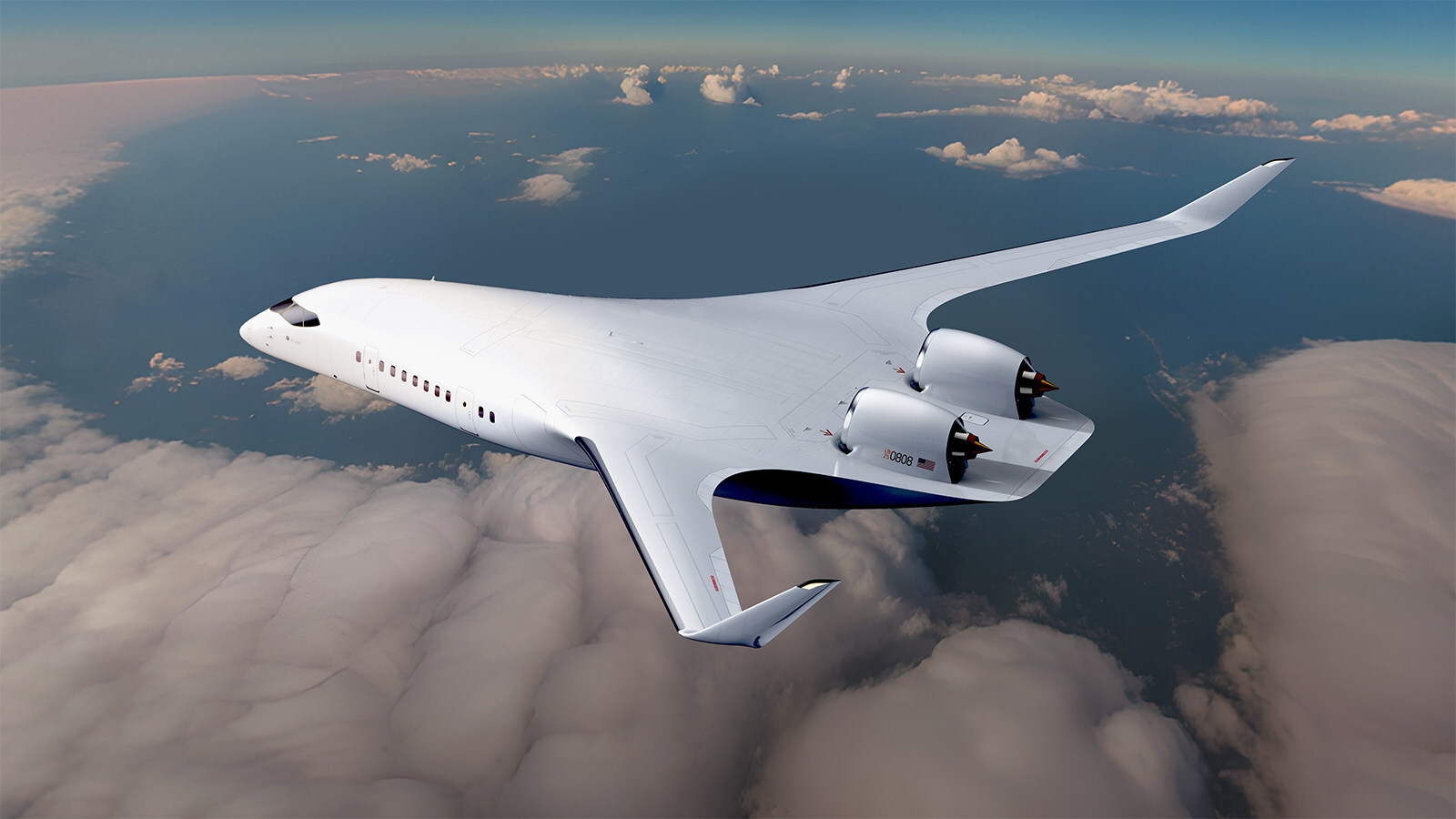Cranfield signs Defence Aviation Net Zero Strategy Charter

Image courtesy Cranfield University
The Defence Aviation Net Zero Strategy outlines the steps necessary to meet the commitment to decarbonise Defence’s aviation capability, whilst also mitigating potential risks to operational effectiveness that are likely to arise because of climate change.
The strategy was released on 12 July at the Global Air and Space Chief’s Conference, with the Foreword being endorsed by Baroness Goldie, Minister of State at the Ministry of Defence and spokesperson in the House of Lords on Defence Climate Change and Sustainability.
Cranfield University is at the forefront of sustainable aviation research and net zero developments, and its experts were chosen to be part of a steering group to deliver the Defence Aviation Net Zero Strategy. The University will continue to collaborate with industry partners, the MoD and RAF to help deliver on the ambitions of the strategy.
At a special event at the Royal International Air Tattoo (RIAT) on Friday 14th July, Cranfield University signed the strategy charter alongside representatives from industry and government including the Minister for Defence Procurement, James Cartlidge.
James Cartlidge commented: “It is critical that the aviation sector plays its part in delivering the UK’s net zero commitment and the Government is already supporting a variety of technology, fuel, and market-based measures to address aviation emissions.
“For Defence, the need to be ready to fly and fight in the fossil fuel constrained operating environment of 2040 is crucial which is why we are investing in military sustainable aviation interventions.”
Professor Dame Helen Atkinson DBE FREng, Pro-Vice-Chancellor of the School of Aerospace, Transport Systems and Manufacturing, signed the charter on behalf of Cranfield University. She said: “Net zero aviation can only be achieved by working closely in partnership, and I’m proud that Cranfield University has been asked to contribute to this vital strategy. Across our research areas our experts are collaborating with industry on the very latest developments - which could transform aviation for a sustainable future.”
Air Vice-Marshal Paul Lloyd has led the development of strategy release. He said: “The challenge to Defence Aviation is to continue to deliver operational output to defend the UK, our interests, and Allies in increasingly volatile conditions, whilst also making our own significant contribution to reducing carbon emissions. This strategy demonstrates our commitment to meet these challenges on a broad front and in a collegiate way, bringing Defence and Industry together to eliminate our carbon footprint.”









